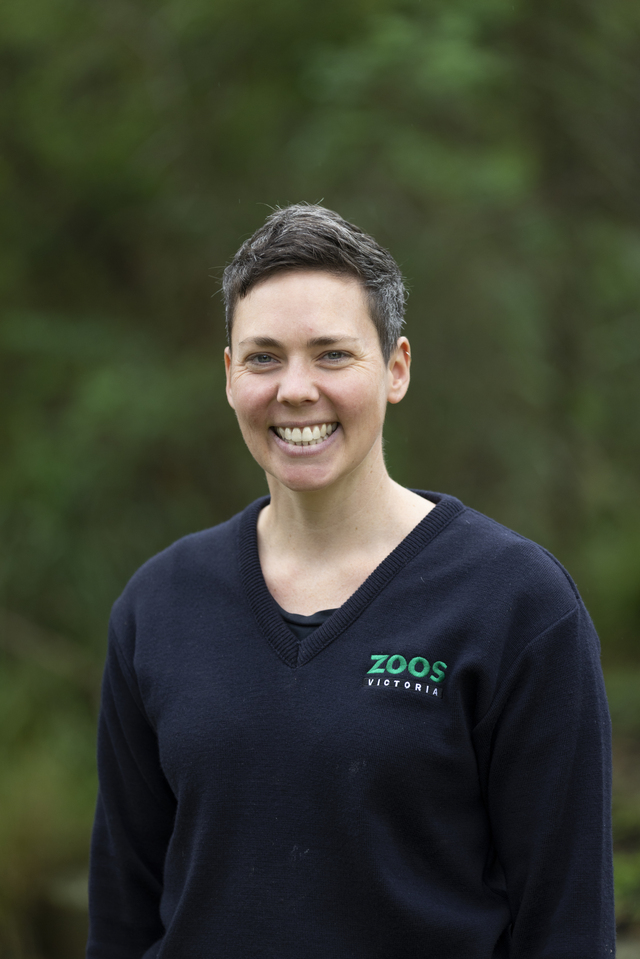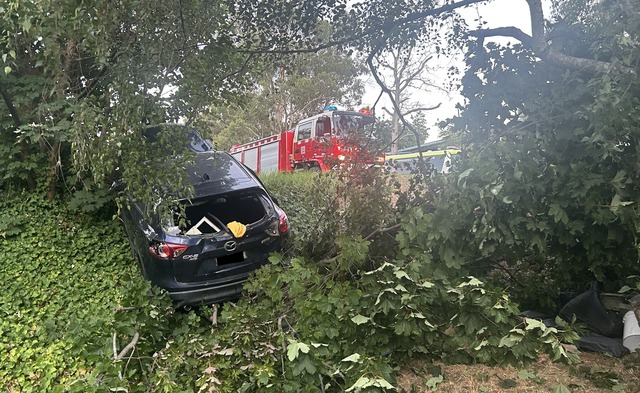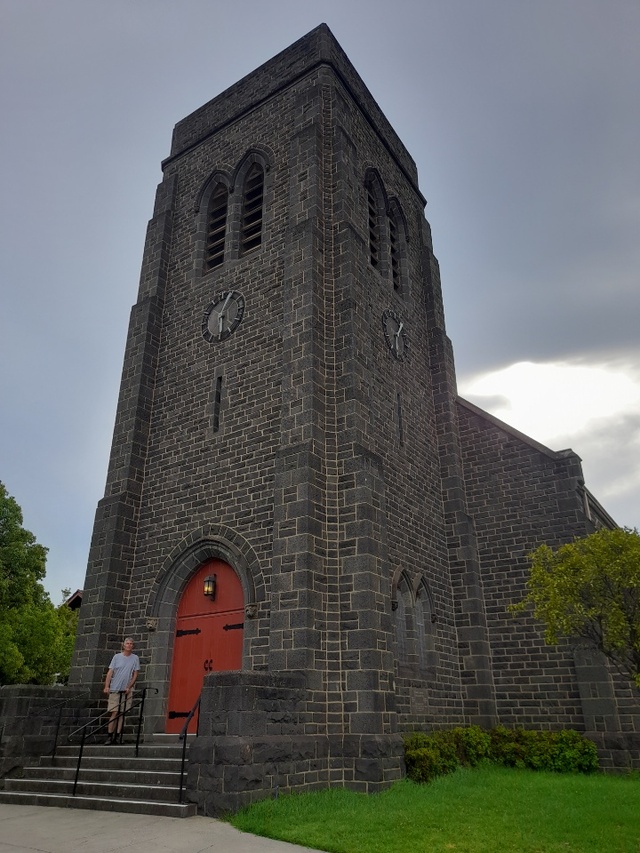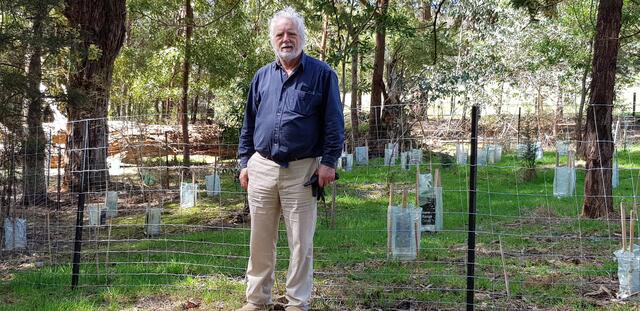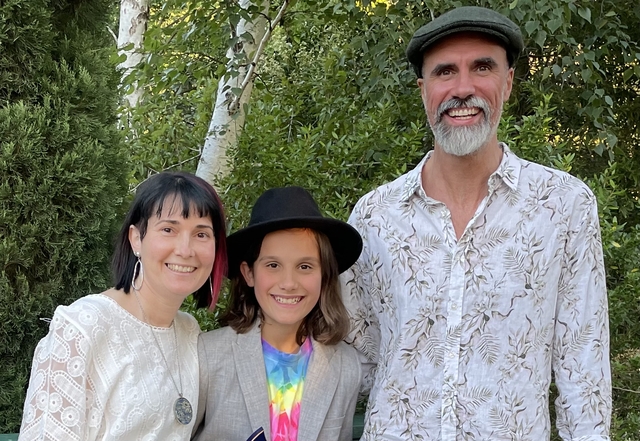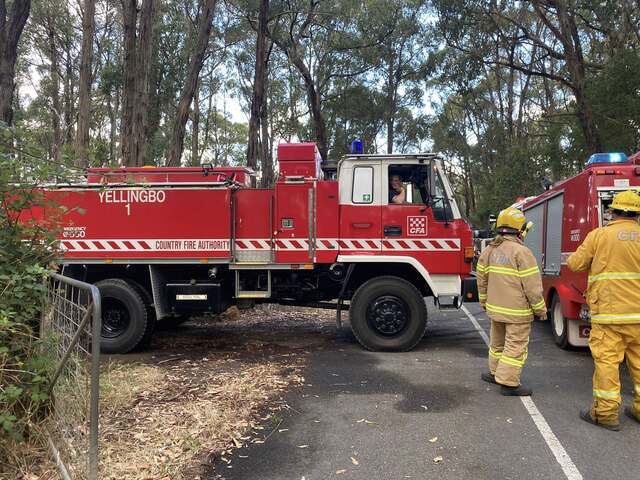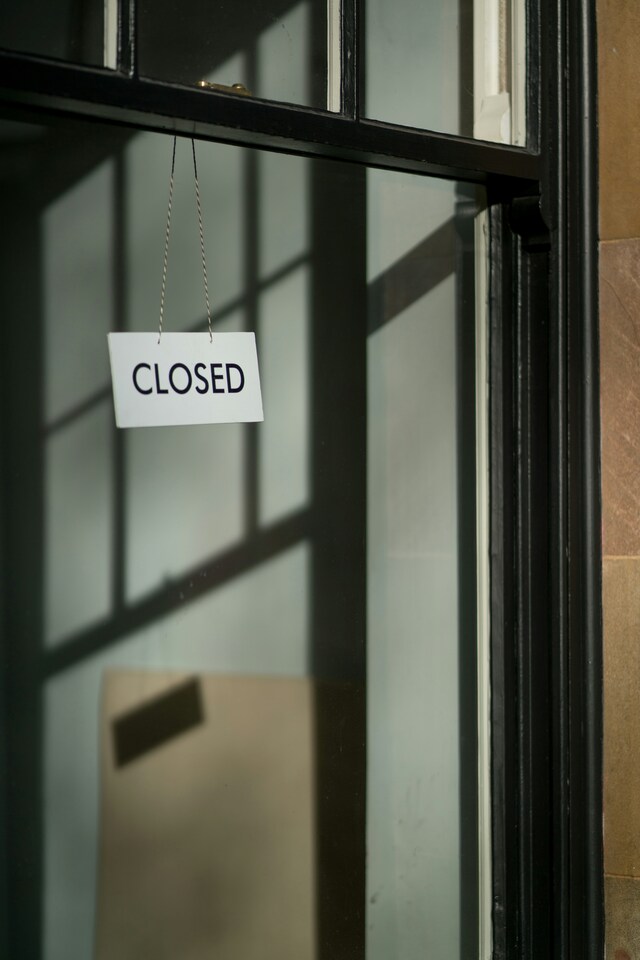Established by the International Congress of Zookeepers in 2015, International Zookeeper Day is celebrated annually on 4 October to recognise the hard work and dedication of zookeepers in animal care and wildlife conservation.
To celebrate this special day, Star Mail interviewed a Healesville Sanctuary zookeeper to give some idea of the daily work of a zookeeper and directions on how to become a zookeeper for younger readers who’d love to work with our animal friends in the future.
Amie Hindson has been a zookeeper for 17 years, spending her career working at Healesville Sanctuary.
As a child, she loved spending time outdoors, from pottering about in the garden looking for insects to bird watching at the park.
Ms Hindson said she had a feeling she’d suit a career where she could be on her feet a lot and get to spend lots of time outside.
“So that combined with my love of wildlife naturally led me towards zookeeping as a potential option,” she said.
“I fell in love with the natural bush setting and Australia’s weird and wonderful species, and I knew pretty early on that (Healesville Sanctuary) was the place for me.
“I’ve had the opportunity to work with a wide variety of animals over the years, and I’ve loved learning about and looking after each and every one of them.”
To pursue her dream, following what her heart led her to, she completed a Bachelor of Science degree with a major in Zoology.
Ms Hindson has also completed a Certificate III in Captive Animals.
She has spent the last seven years working on Healesville Sanctuary’s Threatened Species team, where she really enjoys the challenge of working with critically endangered species.
“Zoos Victoria is a wonderful organisation committed to fighting wildlife extinction, and I am so lucky I get to play a small part in that,” the threatened species keeper said.
“Seeing an individual you’ve helped breed and raise be released back into the wild is one of the most rewarding feelings ever,”
Ms Hindson’s day starts at 8am at the local zoo, and she works primarily as a threatened possum keeper looking after two of Australia’s critically endangered nocturnal species: the leadbeater’s possum and the mountain pygmy-possum.
Her first task is to service all of Healesville Sanctuary’s possum habitats.
“This involves collecting and washing dirty food bowls from the day before, providing fresh drinking water, checking over the possum habitats, and making up fresh food to feed out to the possums later in the afternoon,” the zookeeper said.
Ms Hindson’s second task is to monitor the health and well-being of the possums.
“Both leadbeater’s and mountain pygmy-possums are nocturnal and are active at night when we are sleeping,” Ms Hindson said.
“Luckily for us, though, each possum habitat has a camera that records their activity overnight and allows us to watch what they got up to the following day.
“This way we can still monitor their health and welfare, and look for certain behaviours that might let us know if a female possum has joeys.”
Her third task is to feed and provide enrichment for all possums.
“This is done as late in the day as possible,” she said.
“Any extra time is taken up with animal record keeping, habitat maintenance, meetings, individual projects, and other miscellaneous tasks.”
In light of nearly two decades of experience, she found the following skills and characters to be beneficial for zookeeping.
“Good attention to detail is a great skill to have. The animals we work with can’t necessarily tell us how they’re feeling or if they want something, so understanding the species we look after and their different behaviours is incredibly important,” Ms Hindson said.
“Zookeepers deal with a lot of cleaning and funky smells. So, if you don’t like dirt or poo, zookeeping is probably not for you.
“Good communication skills are also super handy to have. We spend lots of time chatting with our visitors about the animals we work with, as well as with our colleagues.
“And lastly, patience and compassion. A deep love of our animals is necessary to help handle the challenges and emotional demands of our role.”
When asked about some advice for future zookeepers, Ms Hindson said you’re never too young or too old to start learning.
“If you love the outdoors and getting dirty or rained on (or even pooped on), zookeeping could definitely be for you,” she said.
“If you have pets at home, take on more responsibility for them, whether that be feeding or cleaning up after them.
“Learn about our wildlife – there are so many great documentaries out there. If you’re old enough to get a casual job or volunteer, start looking at places that will help teach you the basic skills that also apply to zookeeping – animal shelters, dog walking, kennels or catteries, vet nursing, etc are all great places to learn valuable skills.”

